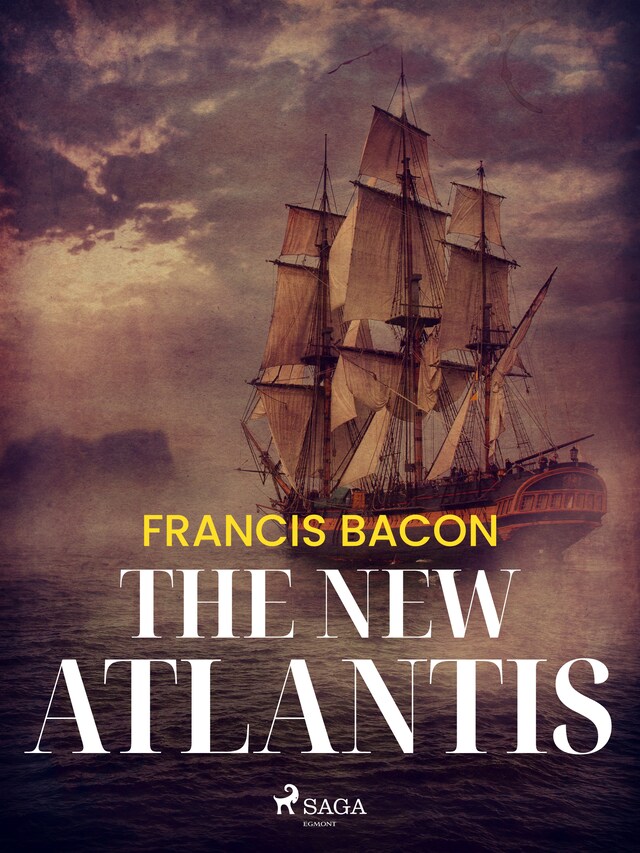
The New Atlantis
Beskrivning av boken
Sir Francis Bacon’s ‘The New Atlantis’ is an Early Modern Utopian novel that explores an idealised view of what human progress can achieve. The novel centres around the Utopian Island of ‘Bensalem’ and its inhabitants, who embody Bacon’s dreams for humanity through their kind-hearted, enlightened, and communal spirit. Throughout this work, Bacon demonstrates the importance of religious freedom in Christian society, as well as the integration of science and ‘The Baconian Method’ into education. ‘Salomon’s House’ represents the apex of Bacon’s vision, a modern research university that focuses on the cutting edge of scientific discovery. ‘The New Atlantis’ was published posthumously in 1628, never completed. Despite this, it still offers a rich vision of what ‘The Father of Empiricism’ believed humanity could become. ‘The New Atlantis’ remains one of the most important works of Utopic Fiction, alongside Sir Thomas More’s ‘Utopia’.
Sir Francis Bacon (1561-1626) was an English author, philosopher, and statesman. A prolific author, his work has spanned science, religion and literary fiction. His work has had a profound impact on science, and he is often regarded as ‘The Father of Empiricism’. His most important books, ‘Novum Organum’ and ‘New Atlantis’ have a significant legacy. ‘Novum Organum’ was heavily influential to 17th century scholars, particularly Sir Thomas Browne who utilised ‘The Baconian Method’ for much of his encyclopaedia ‘Pseudodoxia Epidemica’. ‘Salomon’s House’ from ‘The New Atlantis’ was frequently used as inspiration for the establishment of ‘The Royal Society’, the United Kingdom’s national academy for sciences.
 Francis Bacon
Francis Bacon 56 Sidor
56 SidorVad andra tycker
Recensioner av The New Atlantis
Bok
För få betyg just nu